
Uric acid, the origin
All our bodily tissues and all food that we consume contain certain organic compounds known as purines. These are among the crucial compounds of our bodies and we need them to, well, be alive. Purines are included in the metabolism and are broken down by oxidation. Waste that comes from this reaction is the uric acid. If everything is normal, it is filtered out of the blood in the kidneys and removed from the body through urine. But, the kidneys can filter out only a certain quantity of uric acid in given time period, and if uric acid is overproduced for some reason or the kidneys' filtering capacity is lowered, then there will be excess uric acid in the body.
Uric acid in the body
Uric acid is found in the shape of microscopic, pointy crystals (any compound whose building particles, be they atoms or molecules, are arranged in a regular, geometrical manner, is called a crystal). If there is an excess of uric acid in the body, then these crystals can accumulate either in blood or in the urine, and if the level of accumulated uric acid is too high (thic condition is referred to as hyperuricemia), then the excess uric acid gets deposited either in the tissues or in the joints. This can lead to very serious health problems, among which are gout, diabetes, formation of uric acid stones, cardiovascular disease and others.
Hyperuricemia is very common in people who consume too much alcohol and/or too much caffeine. Foods that are rich in purines can also add to increased levels of uric acid in the body. Even genetics can play a role, as some people have a predisposition for producing excess uric acid.
Symptoms of uric acid crystals
If accumulated in joints (gout), uric acid causes strong and frequently unbearable pain in the affected joint. Typical accumulation tissues can also be painful, and affected regions include groin and genitals, side and back. Affected tissues are inflamed and swollen, and, at times, skin over the affected area can start to peel off. Painful urination or blood in the urine may be indicative of uric acid stones. Proper function of the kidneys can also be hampered, resulting in poor excretion ability, electrolyte imbalance and poor water regulation.
Treatment
Best natural way to treat excess uric acid is to reduce or completely avoid purine rich foods. These are typically seafood and freshwater fishes, alcohol, baked products, vegetables as beans and peas, cauliflower, mushrooms, and others. It helps to drink more water so your bladder is flushed more frequently.


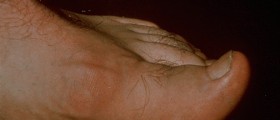
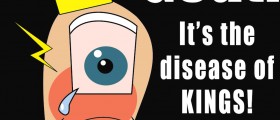
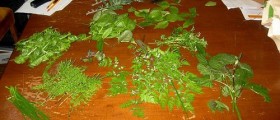
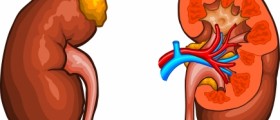
-Symptoms,-Diagnosis,-Treatment_f_280x120.jpg)
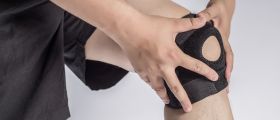

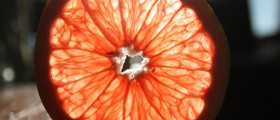







Your thoughts on this
Loading...